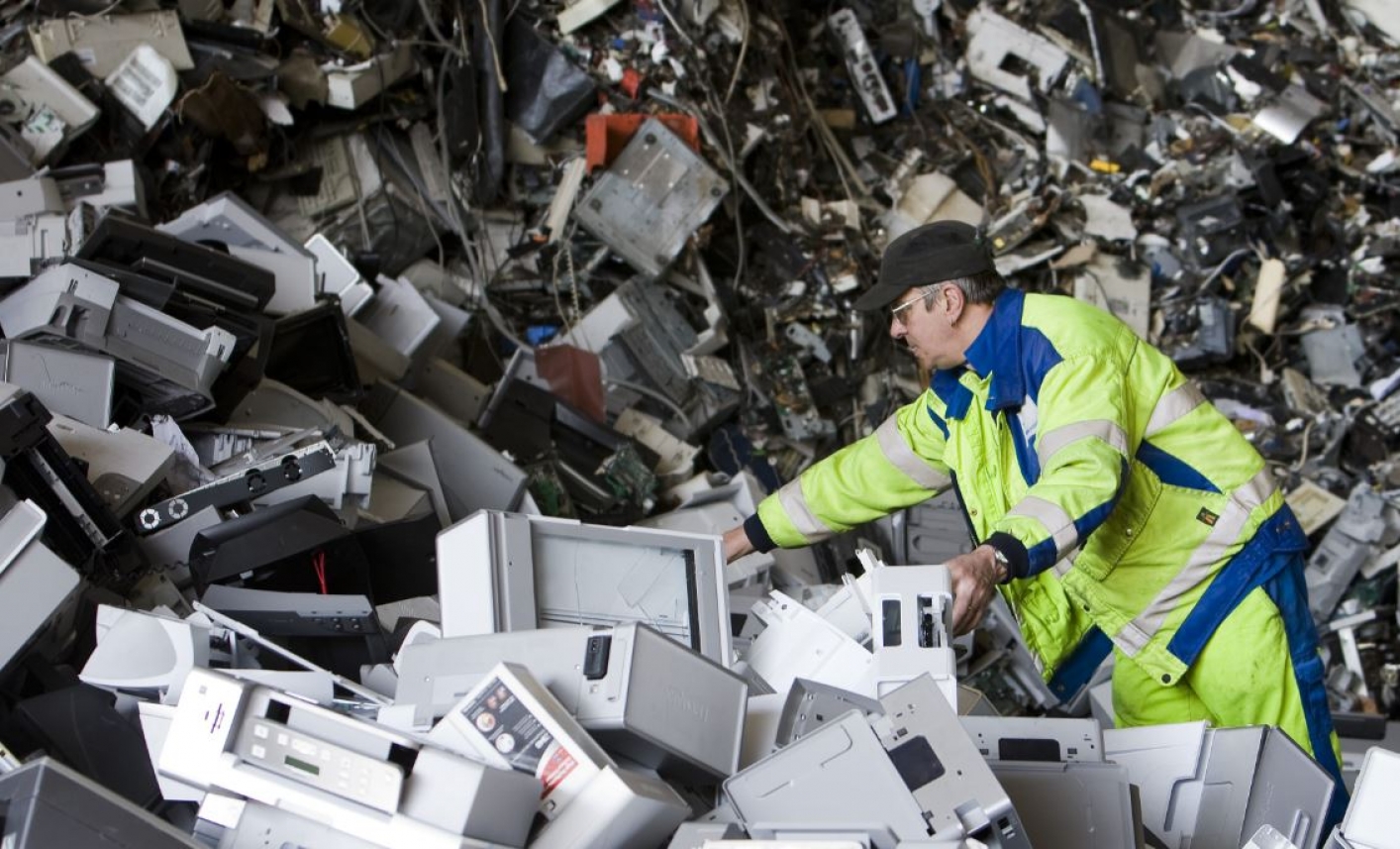
Some 100 billion items of clothing are produced globally every year, most of which end up in landfills or incinerators within a year. It is not only in the case of clothes that we are moving towards a throw-away society. The same applies to home accessories, furniture, white goods, consumer electronics, etc. Besides causing substantial CO2 emissions, the production of many goods is associated with biodiversity degradation, as well as soil, air and water pollution. Moreover, it leads to a scarcity of critical raw materials. Competition to produce as cheaply as possible can also lead to exploitation of labour.
A large proportion of consumer goods are manufactured outside the European Union. With its proposal for an Ecodesign Regulation, among other things, the European Commission has big ambitions, but it will take some time for these and other European regulations to enter into force. A key question in this context is what steps the Netherlands can take over the intervening period to combat resource-wasting trends.
The advisory report focuses specifically on three commodity flows: fast fashion, batteries and accumulators in consumer electronics, and furniture. The Council expects to issue its advisory report in the autumn of 2023.
For more information about the advisory report or to comment, please contact Bas Waterhout at bas.waterhout@rli.nl, or on +31 (0)6 2117 8802.